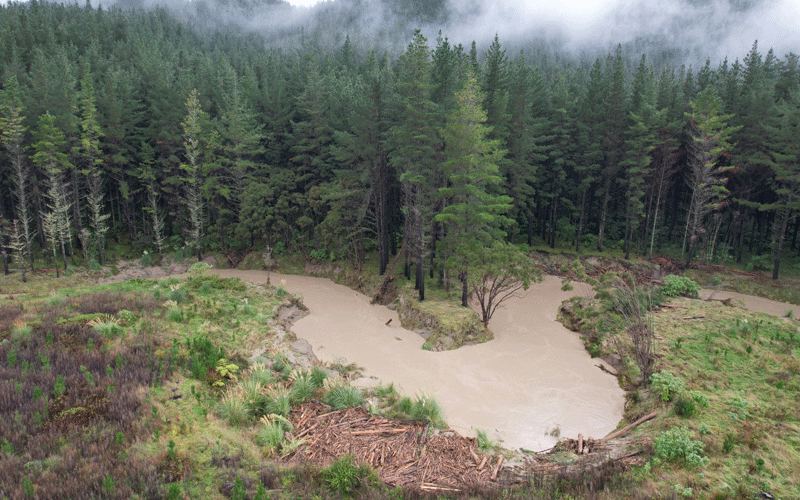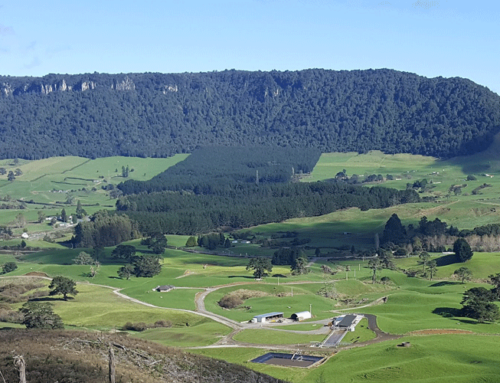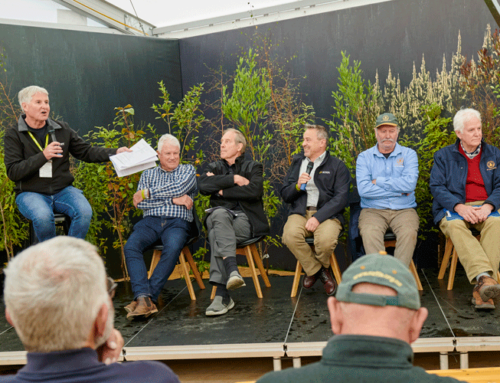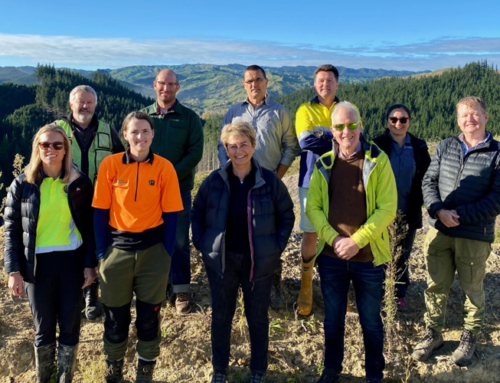The weather bombs that hit the East Coast in February and March this year were widely reported in the news. Many operating forests in the region saw significant damage from flooding.
Gisborne District council declared a state of emergency, closing all infrastructure to heavy transport for a period. The flooding and state of emergency resulted in a blanket restriction of road use even on relatively undamaged roads as the region recovered from the storms. This meant temporary delays to shipping schedules and supply to domestic customers until heavy trucks were operational.
However, our harvesting forests in Gisborne largely escaped that due to the fit-for-purpose quality of both our planning and the initial roading construction.
We were up and running quickly after the state of emergency relative to most other forest companies and therefore able to take advantage of port space and demand from domestic customers.
Whilst we escaped any in-forest significant road or infrastructure failures, there was much clearing of minor slips which had slumped onto roads. These are still costly to maintain and bring back to standard for logging access. This work is ongoing.
There was no adverse migration of harvest residues from our harvest operations as strict controls managed to mitigate this risk.
Wairarapa also received its share of heavy rainfall in February and March, but with no adverse impacts in our managed investment forests.
Photo: High water levels in the lower Mangaoae catchment in the Te Karaka forest, March 2022.








